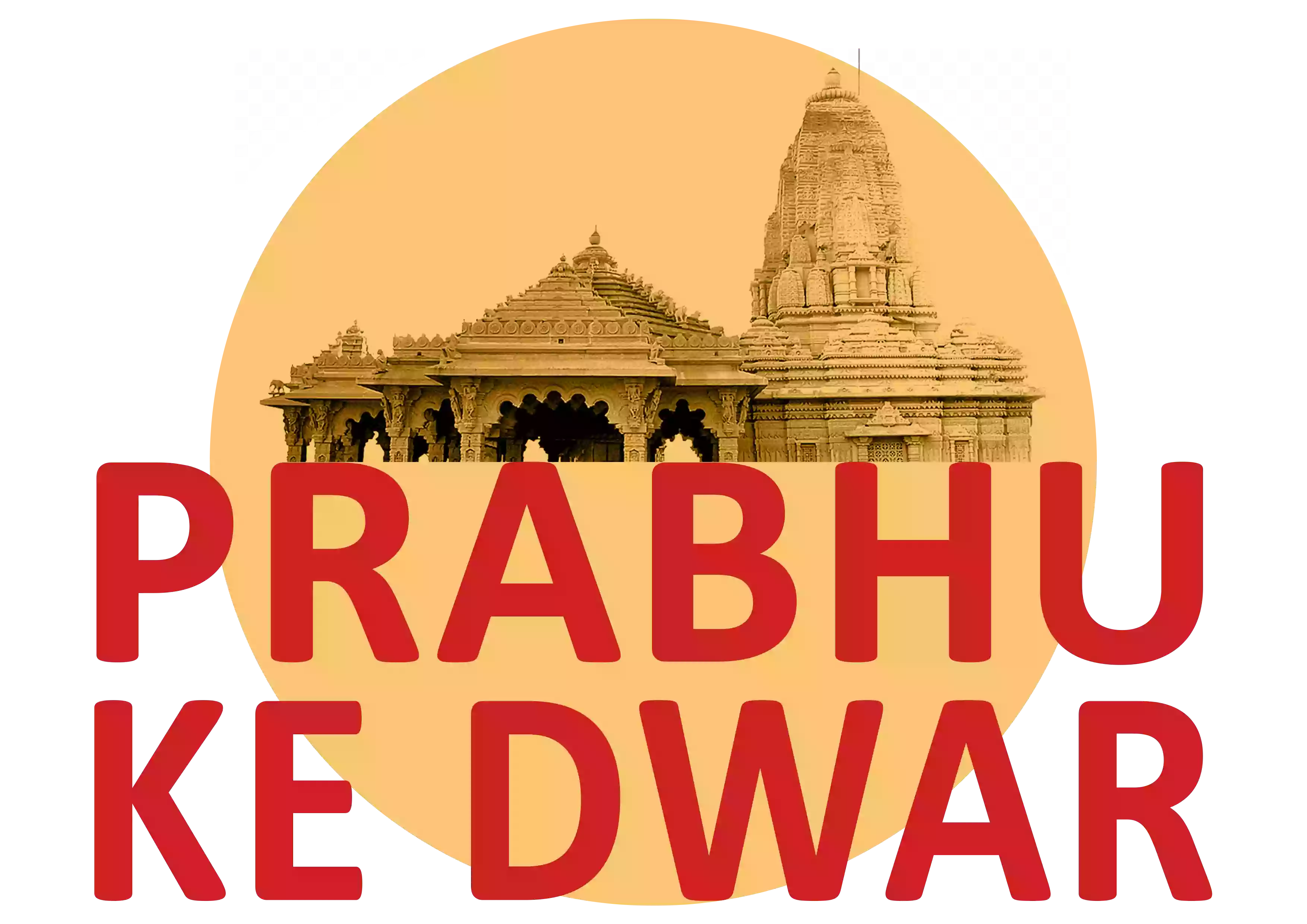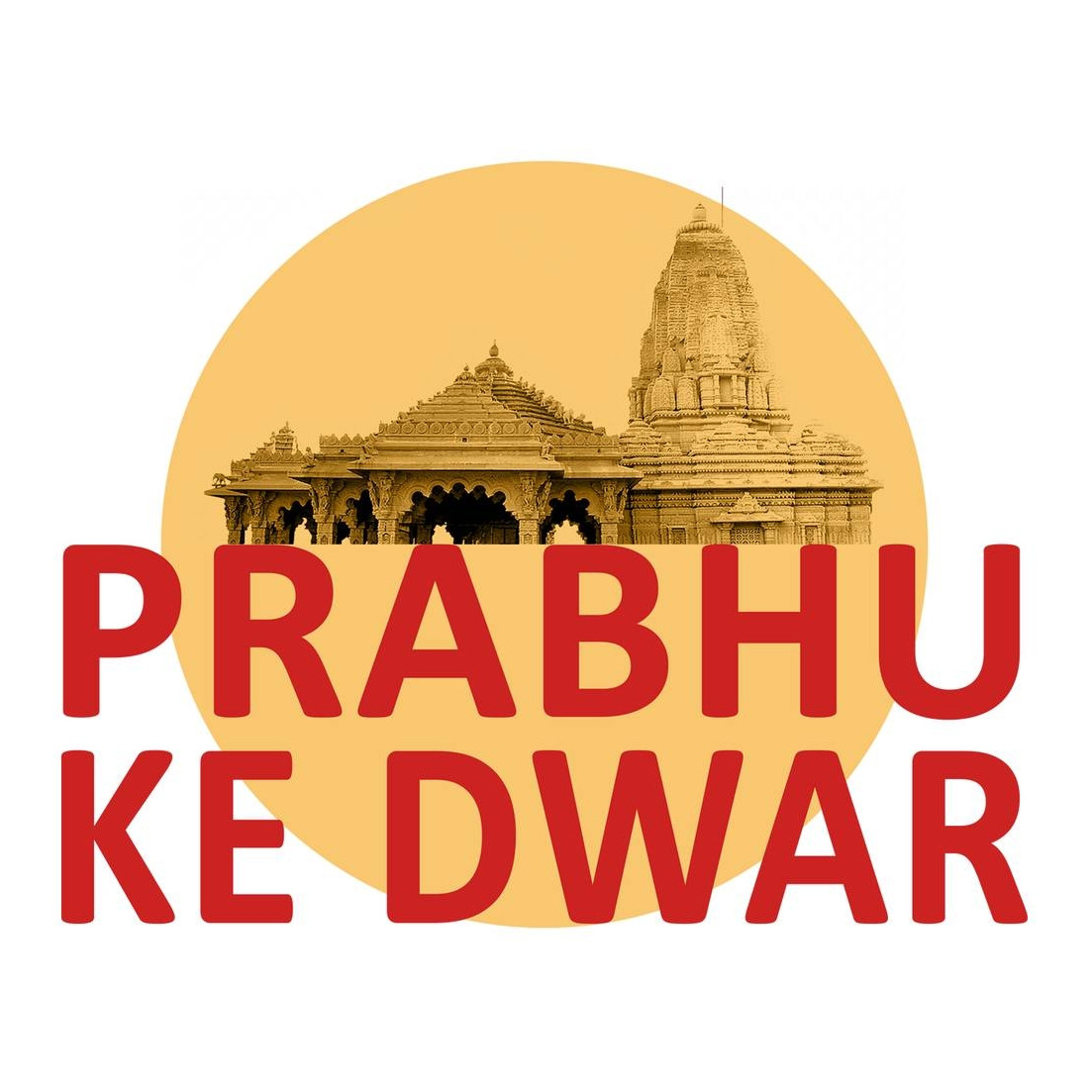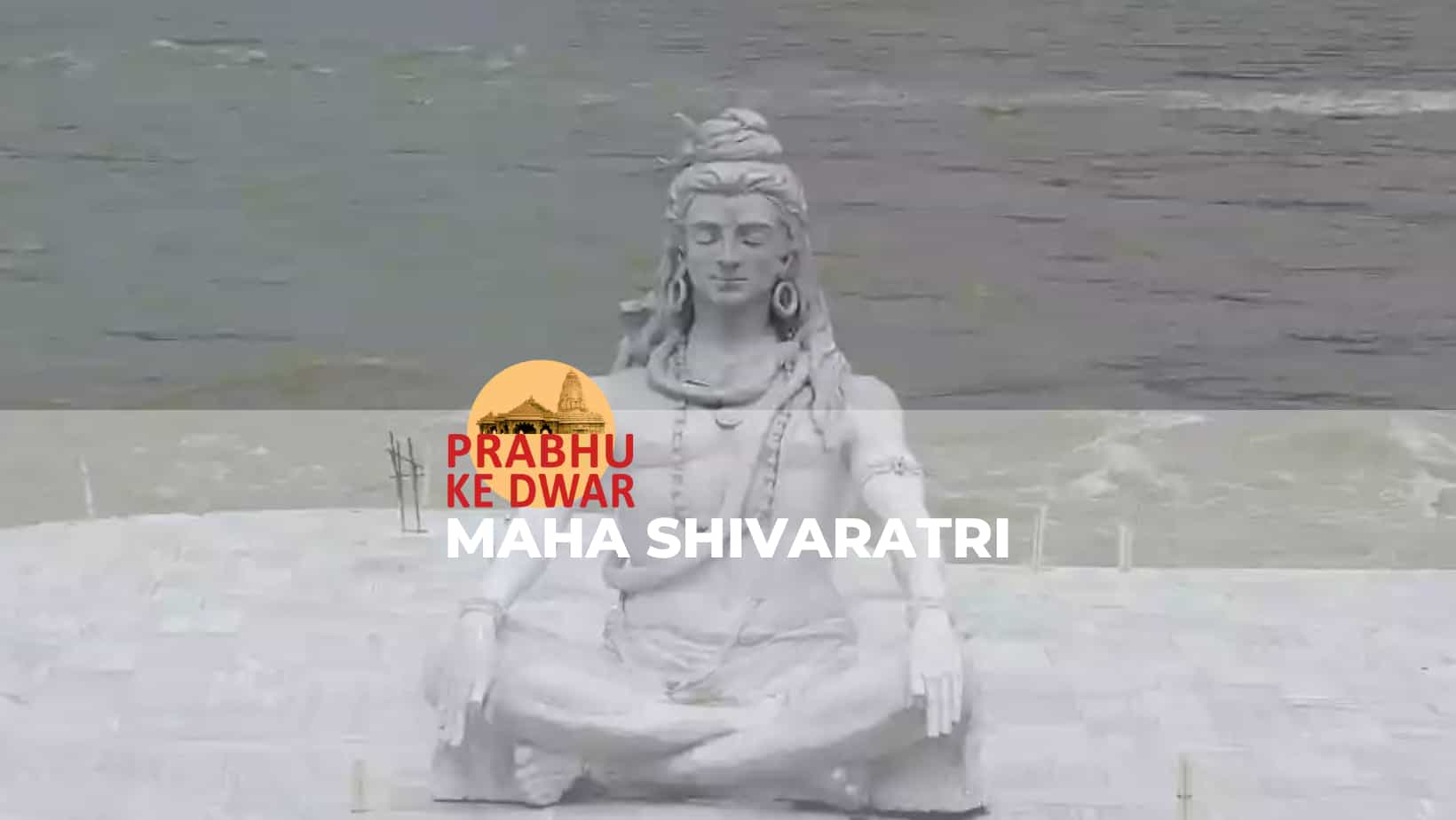Maha Shivaratri is an auspicious Hindu festival that holds immense religious and cultural significance. It is celebrated with utmost devotion and enthusiasm by devotees around the world. In 2023, Maha Shivaratri, also known as सावन शिवरात्रि, will be observed on [Saturday, 15 July 2023]. This comprehensive guide explores the rituals, traditions, dates, and celebrations associated with Maha Shivaratri 2023, incorporating a wide range of keywords to provide detailed and valuable information.
Significance of Mahashivratri
Mahashivratri, or the Great Night of Lord Shiva, symbolizes the marriage of Lord Shiva and Goddess Parvati, the divine couple representing cosmic harmony and unity. It is believed that on this auspicious night, Lord Shiva performs the heavenly dance of creation, preservation, and destruction. Devotees observe Mahashivratri to seek the blessings of Lord Shiva for inner peace, spiritual growth, and liberation from the cycle of birth and death.
Maha Shivaratri 2023 Date and Time
Maha Shivaratri 2023 will be celebrated on [insert date and day], marking the 13th night and 14th day of the dark fortnight in the Hindu month of Phalguna. Devotees eagerly await this significant festival and mark their calendars to ensure they don't miss the opportunity to worship Lord Shiva on this auspicious day.
- Sawan Shivaratri 2023 : Saturday, 15 July 2023
- Sawan Shivratri Ratri Prahar Puja Time: [Delhi]
- First Prahar - 7:21 PM to 9:54 PM | 16 July 2023
- Second Prahar - 9:54 PM to 12:27 AM | 16 July 2023
- Third Prahar - 12:27 AM to 3:00 AM | 16 July 2023
- Fourth Prahar - 3:00 AM to 5:33 AM. 16 July 2023
- Trayodashi Tithi : 14 July 2023 7:17 PM - 15 July 2023 8:32 PM
The Rituals and Traditions of Maha Shivaratri
Maha Shivaratri is celebrated with various rituals and traditions that hold deep spiritual meaning. Devotees engage in the following practices to express their devotion to Lord Shiva:
- Fasting and Abstaining: Devotees observe a strict fast on Maha Shivaratri, abstaining from consuming food and water for the entire day and night. This act of self-control signifies the purification of the mind, body, and soul.
- Worship of Lord Shiva: Devotees visit Shiva temples and offer prayers to Lord Shiva with utmost reverence. They bathe the Shiva Lingam, the symbolic representation of Lord Shiva, with sacred substances such as milk, honey, curd, and water. This ritual signifies the purification of the soul and seeking the divine blessings of Lord Shiva.
- Chanting Mantras and Singing Hymns: Devotees chant sacred mantras and sing hymns dedicated to Lord Shiva throughout the day and night. The rhythmic recitation of mantras and the melodious hymns create a serene atmosphere and invoke divine vibrations.
- Night Vigil and Jagran: The night of Maha Shivaratri is spent in vigil, known as "Jagran." Devotees stay awake all night, engaging in prayer, meditation, and devotional activities. This continuous vigil symbolizes the devotees' constant remembrance of Lord Shiva and their commitment to spiritual awakening.
- Lighting Diyas and Incense Sticks: Lighting diyas (oil lamps) and incense sticks is an integral part of Maha Shivaratri celebrations. The soft glow of the lamps and the aromatic fragrance of the incense create a divine ambiance, symbolizing the triumph of light over darkness.
Maha Shivaratri 2023 Celebrations and Cultural Significance
Maha Shivaratri is celebrated with great fervor and joy in various parts of India and among Hindu communities worldwide. Here are some key aspects of the celebrations:
- Processions and Cultural Performances: Colorful processions showcasing beautifully adorned idols of Lord Shiva and cultural performances depicting the various aspects of Lord Shiva's life and teachings are organized in many cities and towns.
- Shiva Temples and Pilgrimages: Devotees visit renowned Shiva temples, such as the Kashi Vishwanath Temple in Varanasi and the Pashupatinath Temple in Nepal, to offer their prayers and seek blessings.
- Devotional Music and Dance: Bhajans (devotional songs) and classical dance performances dedicated to Lord Shiva are organized during the festival. These artistic expressions of devotion add to the vibrant atmosphere.
- Fasting and Community Feasts: Devotees break their fast after the sunrise puja (worship) on the day following Maha Shivaratri. Community feasts are organized, where devotees come together to share food and joy.
FAQs (Frequently Asked Questions)
Q: When is Maha Shivaratri in 2023?
A: Maha Shivaratri in 2023 will be celebrated on [insert date and day].
Q: What is the significance of Maha Shivaratri?
A: Maha Shivaratri holds immense religious and cultural importance. It is believed to grant spiritual growth, inner peace, and liberation from the cycle of birth and death.
Q: What are the main rituals associated with Maha Shivaratri?
A: The main rituals of Maha Shivaratri include fasting, worshiping Lord Shiva, chanting mantras, night vigil, and lighting diyas.
Q: How do devotees celebrate Maha Shivaratri?
A: Devotees celebrate Maha Shivaratri by observing a fast, visiting Shiva temples, performing rituals, chanting mantras, and participating in cultural events.
Q: Is Maha Shivaratri a public holiday in India?
A: Maha Shivaratri is not a public holiday in India. However, it is widely celebrated by devotees across the country.
Q: Can anyone participate in Maha Shivaratri celebrations?
A: Yes, Maha Shivaratri celebrations are open to all devotees who wish to worship Lord Shiva. People of all ages and genders can participate in the festivities.
Related Information
Frequency
- Duration: 1 day
- Begins Tithi: Falgun Krishna Trayodashi / Sawan Krishna Trayodashi
- Ends Tithi: Falgun Krishna Trayodashi / Sawan Krishna Trayodashi
Months:
- Maha Shivaratri: February/March
- Sawan Shivaratri: July/August
- Mantra: Om Namah Shivaya, Bol Bam, Bam Bam, Bam Bam Bhole, Har Har Mahadev
- Reason: Lord Shiva's favorite day, Marriage Anniversary
- Celebrations: Fasting, Bhajan/Kirtan, Prayers at Gauri-Shankar Temple, Rudrabhishek
- Important Places: All Jyotirlingas, Rishikesh, Pashupatinath, Shri Shiv Mandir
Past Dates:
- Maha Shivaratri: 18 February 2023
- Sawan Shivaratri: 26 July 2022
- Maha Shivaratri: 1 March 2022
- Masik Shivaratri: 11 January 2021
Maha Shivaratri, or the Great Night of Lord Shiva, is a sacred festival that brings devotees closer to spiritual enlightenment and divine grace. By observing the rituals, fasting, and worshiping Lord Shiva, devotees seek blessings for their well-being and spiritual growth. The celebration of Maha Shivaratri unites people in their devotion to Lord Shiva and fosters a sense of unity and cultural heritage. Let us immerse ourselves in the spirit of Maha Shivaratri 2023 and experience the divine bliss that this auspicious festival brings.



